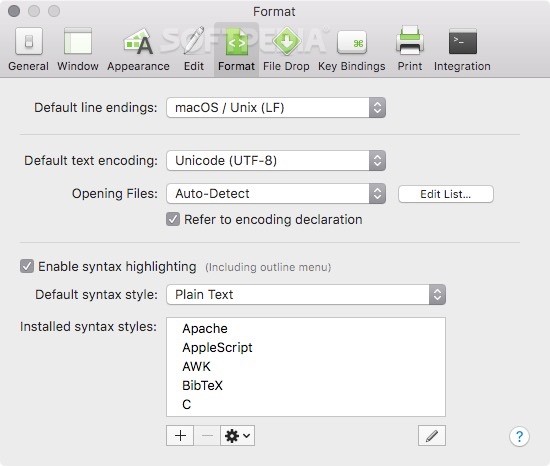


The following message appears when the global flag is enabled, SUCCESS: The system global flag 'maintain objects list' is enabled. To enable the Maintain Objects List global flag, type: openfiles /local on To check the current status of the Maintain Objects List global flag, type: openfiles /localīy default, the Maintain Objects List global flag is disabled, and the following message appears, INFO: The system global flag 'maintain objects list' is currently disabled. Syntax openfiles /local Įnables or disables the system Maintain Objects List global flag, which tracks local file handles. The /e: editorname argument syntax uses the editor names as they appear in the Open With Dialog Box, enclosed in quotation marks. If the argument is specified but no editor name is supplied, the Open With dialog box appears. Enabling the Maintain Objects List global flag might slow down your system. Name of the editor in which the file will be opened. Overview The Linux command line is a text interface to your computer. To query and display all open files on the remote system srvmain by using the credentials for the user hiropln on the maindom domain, type: openfiles /query /s srvmain /u maindom\hiropln /p made by using the on or off option don't take effect until you restart the system. The Linux command line for beginners Overview A brief history lesson Opening a terminal Creating folders and files Moving and manipulating files A bit of plumbing The command line and the superuser Hidden files Conclusion 1. To query and display all open files in list format with detailed information, type: openfiles /query /fo list /v To query and display all open files in table format without headers, type: openfiles /query /fo table /nh To query and display all open files, type: openfiles /query Specifies that detailed (verbose) information be displayed in the output. Valid only when the /fo parameter is set to TABLE or CSV. CSV - Displays output in Comma Separated Values (CSV) format.
OPEN FILE WITH COTEDITOR FROM COMMAND LINE PASSWORD
If you don't use the /p option, a password prompt appears when the command is run.ĭisplays the output in the specified format. Specifies the password of the user account that is specified in the /u option. If you don't use the /u option, system permissions are used by default. Runs the command using the permissions of the specified user account. This parameter applies to all files and folders that are specified in the command. If you don't use the /s option, the command is run on the local computer by default. Specifies the remote system to connect to (by name or IP address). If you normally work from the terminal, then having alias oxdg-open in /.bashaliases makes life simple: o my-document.odt o. opens file-or-url using your preferred application. openfiles /disconnectĮnables an administrator to disconnect files and folders that have been opened remotely through a shared folder. This not only works for LibreOffice documents, but for any file or URL: xdg-open file-or-url. This command also enables or disables the system Maintain Objects List global flag. Enables an administrator to query, display, or disconnect files and directories that have been opened on a system.


 0 kommentar(er)
0 kommentar(er)
